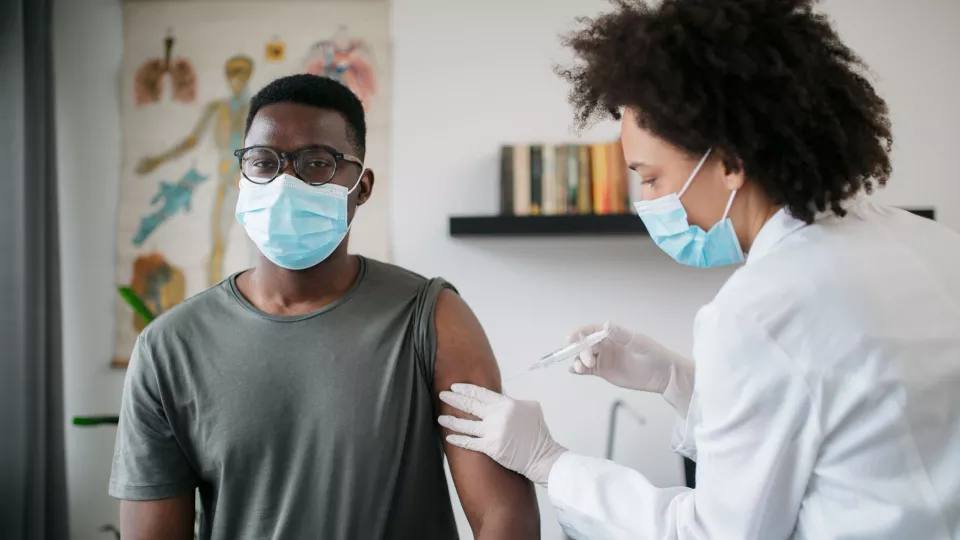News Brief
Primary Care Physicians’ Role in Diabetes Prevention Programs
September 19, 2024

Diabetes Prevention Programs (DPP) have proven effective. However, the rate of referrals of eligible people and their engagement in DPPs remains low. Understanding the perspectives of primary care providers on referrals to DPPs is crucial for enhancing the reach and effectiveness of these programs.
Cara S. Stephenson-Hunter, Ph.D., and colleagues recently conducted a study to better understand why more patients with pre-diabetes aren’t being referred to DPPs. Using electronic record data, the researchers interviewed high and low-referring primary care providers in the Montefiore Health System. The in-depth discussions revealed several factors that influenced their willingness to refer, including perceived barriers to patient engagement with the DPP, program accessibility, perceived effectiveness of the DPP and health system capacity. The study, published online on August 3 in BMJ Nutrition, Prevention & Health, describes the challenges that primary care providers face in treating pre-diabetic patients and includes recommendations for making referrals easier and for motivating patients to participate in DPPs.
Dr. Stephenson-Hunter is an assistant professor of family and social medicine at Einstein and K12 scholar through the National Institutes of Health-supported Harold and Muriel Block Institute for Clinical and Translational Research at Einstein and Montefiore.



